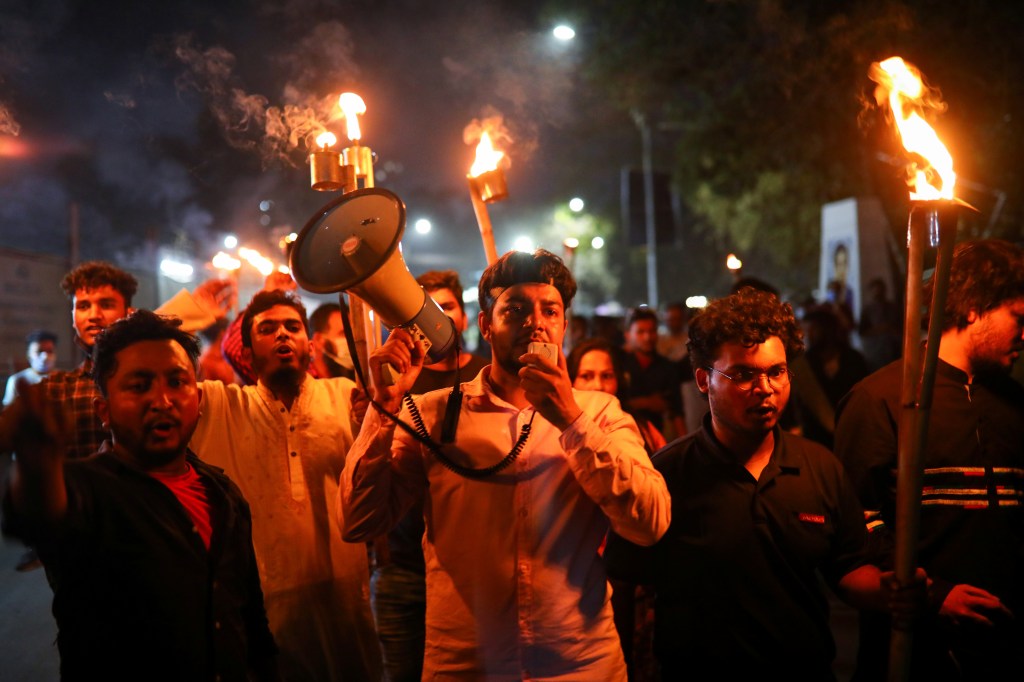Kuala Lumpur, August 7, 2023 – In response to news reports that the Bangladesh government on Monday announced its decision to replace the draconian Digital Security Act, which has been routinely used to criminalize journalists, with a new law, the Committee to Protect Journalists issued the following statement:
“This is a step in the right direction, but the devil is in the details,” said Beh Lih Yi, CPJ’s Asia program coordinator. “It will be meaningless if the Bangladesh government replaces the Digital Security Act with another oppressive law that continues to target journalists in retaliation for their reporting. The government must ensure that journalists are fully consulted in drafting the new Cyber Security Act and that it complies with international human rights laws.”
Under the proposed new law, journalists would face fines, rather than jail sentences, for defamation, and suspects would receive bail, Law Minister Anisul Huq said, according to news reports. Many sections of the Digital Security Act are likely to be incorporated in the new law, while sections that can be misused will be omitted, he said.
More than 7,000 cases have been filed under the act since it was introduced in 2018. Journalists have faced arrest, enforced disappearance, and alleged torture in state custody in retaliation for their reporting on topics including governmental policies, alleged corruption, and allegedly illicit business practices.
CPJ has repeatedly called for the suspension of the law, along with journalists and human rights groups. The United Nations High Commissioner for Human Rights Volker Türk called for its immediate suspension in March, saying it had been used to “muzzle critical voices online.”
The new law is expected to be passed by September, according to local media. Bangladesh is due to hold elections in January.
